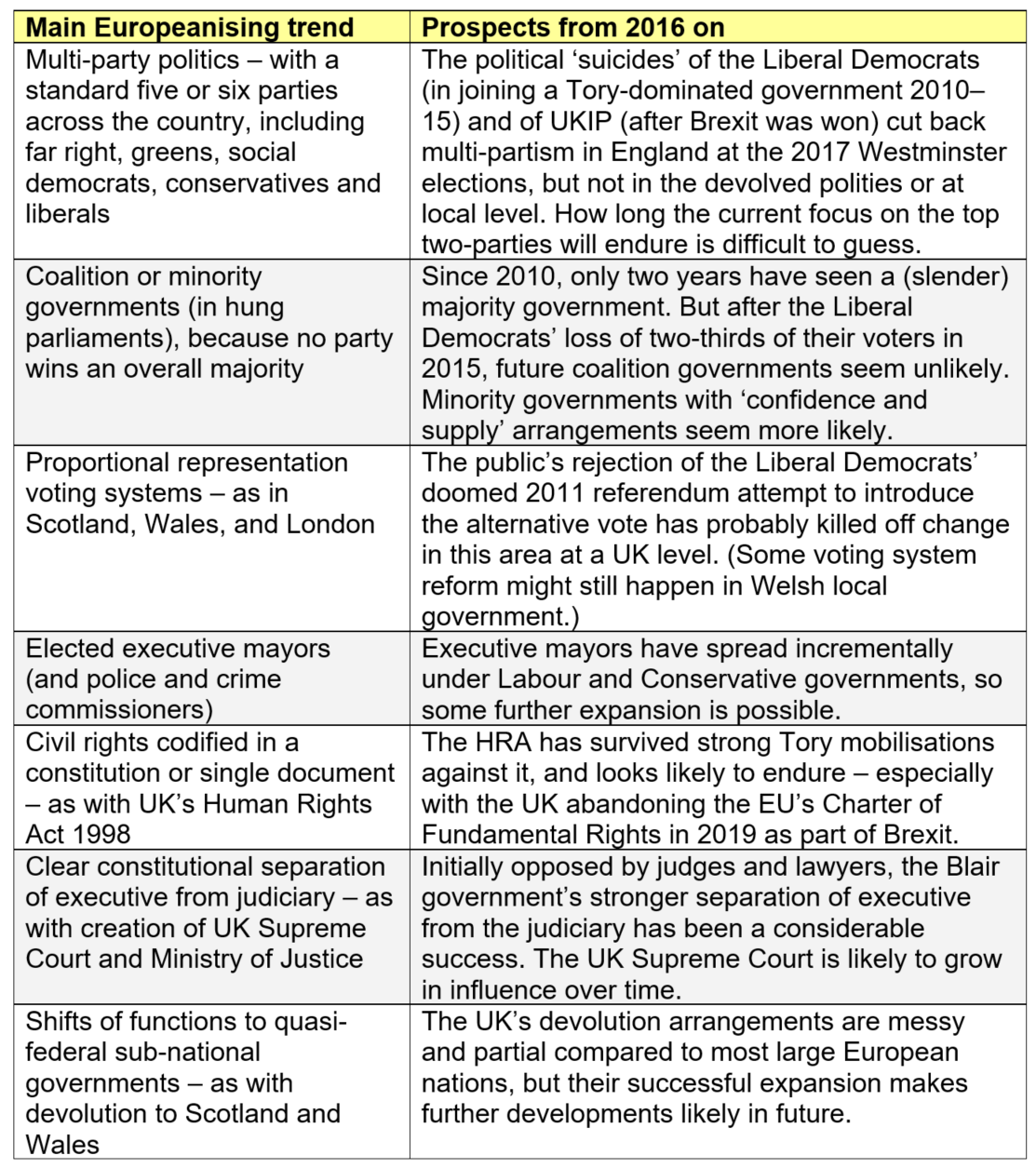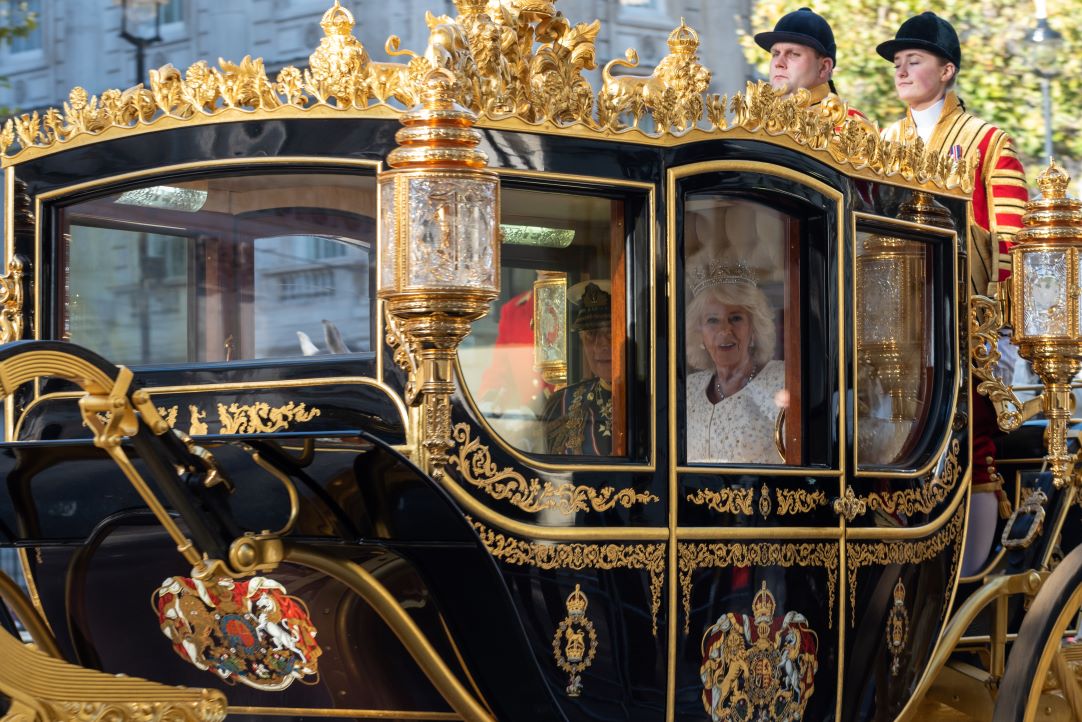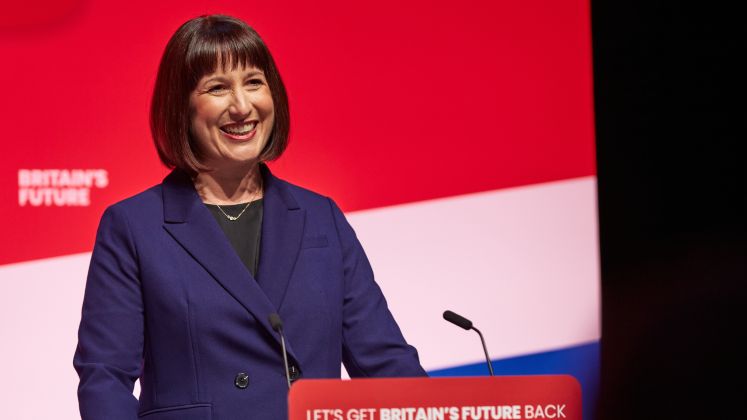 Contrary to claims of Britain’s enduring political and constitutional distinctiveness, in the period from 1997 to 2016 the UK in fact modernised its polity by following several strong ‘Europeanisation’ trends. British democracy came to increasingly resemble other European liberal democracies in some fundamental ways. Yet now this meta-narrative may be lost following Brexit. Patrick Dunleavy explores some implications of the UK’s possible lapse back into rudderless idiosyncrasy.
Contrary to claims of Britain’s enduring political and constitutional distinctiveness, in the period from 1997 to 2016 the UK in fact modernised its polity by following several strong ‘Europeanisation’ trends. British democracy came to increasingly resemble other European liberal democracies in some fundamental ways. Yet now this meta-narrative may be lost following Brexit. Patrick Dunleavy explores some implications of the UK’s possible lapse back into rudderless idiosyncrasy.
One of the least appreciated aspects of the 2016 Brexit referendum vote may be the disappearance of a previously influential narrative of what has been happening to British democracy, and of a template for where it will go in the years ahead. The advent of the Labour government under Tony Blair in 1997 sparked a whole series of major constitutional changes. Traditionalist critics (like Anthony King in his book The British Constitution) complained that there was no coherent plan behind Labour’s changes, that ministers had tinkered with a huge range of institutions without being clear what they were trying to achieve.
There is an alternative interpretation, however, namely that from 1997 to 2016 the UK was strongly Europeanising, falling into line with patterns of political development that were (and still are) common to almost all countries across western Europe. The cumulative effect of these changes was to ‘normalise’ and ‘modernise’ UK democracy, moving away from past patterns of British exceptionalism and uniqueness compared with neighbouring states. Table 1 shows some of the most important ‘Europeanising’ trends over these two decades, and asks whether they are likely to continue post-Brexit.
Table 1: Six main ‘Europeanisation’ trends within the UK 1997–2016, and their likely future prospects
 Source: The UK’s Changing Democracy: The 2018 Democratic Audit
Source: The UK’s Changing Democracy: The 2018 Democratic Audit
Can the ‘British political tradition’ provide an alternative modernisation template to the Europeanisation/normalisation pathway after exit from the EU in March 2019? Some critics argue that Brexit, plus the SNP push for Scottish independence, taken together with a prevailing mood of ‘anti-politics’ distrustful of established elites, mean that the Westminster model has never been more contested. Its ‘focus on strong rather than responsive government distances Westminster from citizens’, according to Marsh and colleagues.
Nonetheless, given the history of the UK’s political evolution, it is not out of the question that Brexit leads to a re-emphasis on British exceptionalism, a renewed emphasis on traditional or historical themes in a ‘back to the future’ mode. Echoes of such a position are strongly present amongst Conservative Brexiteers, and powerfully underlie Boris Johnson’s (much misquoted) complaint against May’s Chequers deal, that: ‘We have wrapped a suicide vest around the British constitution – and handed the detonator to [the EU]’. What might be the elements of a resurgence of UK exceptionalism? Some possible pieces are already on the board, including: the 2011 referendum rejection of the alternative vote as a ‘reform’ of plurality rule; the 2017-18 revival of two-party dominance (produced by the successive collapses in support for the Liberal Democrats and UKIP) in England; and the re-creation of some mass membership parties.
Combined with the cultural backlash that Brexit represents, especially if a charismatic leader like Johnson becomes Prime Minister at any stage, it is conceivable that these and other developments may bring the Europeanisation trends above to a juddering halt, so that the UK’s previous ‘exceptionalism’ from European democratic patterns continues indefinitely.
The final scenario is that Europeanisation trends peter out over time, but that the challenges posed by Brexit and some radically new problems (like adapting to digital-era politics and the growth of social media) mean that the UK’s political system stagnates, or deadlocks, or moves randomly from one uncertain situation to another, with no coherent map or narrative of future development. ‘Taking back control’ of economic regulation, trade, immigration and much more is the biggest change in UK governance for half a century. It has already produced enduring crises for the party system, Parliament and the core executive, with uniquely contested governance over critical issues, and a rapidly changing political landscape. There may well be more of the same ahead as the UK lapses into rudderless idiosyncrasy, with no meta-narrative of political or constitutional progress at all.
__________
Note: The above was originally published on LSE EUROPP. It draws on material from a new open access book edited by Patrick Dunleavy, Alice Park and Ros Taylor, The UK’s Changing Democracy: The 2018 Democratic Audit (published by LSE Press on 1 November 2018)
 Patrick Dunleavy is Professor of Political Science and Public Policy at the London School of Economics, and Centenary Professor at the University of Canberra. He is the lead editor of The UK’S Changing Democracy (LSE Press, 2018).
Patrick Dunleavy is Professor of Political Science and Public Policy at the London School of Economics, and Centenary Professor at the University of Canberra. He is the lead editor of The UK’S Changing Democracy (LSE Press, 2018).
Featured image credit: Paul Bailey (CC BY-NC-SA 2.0)








Cheers Tony
The Eu isn’t Europe so it is incorrect to describe it as a europisation however the democratic deficiencies of the Eu itself are certainly not anything any nation should aspire to. Hopefully the decision to leave will remove a proportion of the democracy in the U.K. which has been damaged ana replacement of that which has been lost. The idea of multi party governments in the U.K. is nothing novel.
Agreed – I wrote a detailed critique of this essay pointing out the EUroFantasy – needless to say they won’t publish it here.
The ‘Europeanisation’ of politics is in fact the decline in Voter turnout, except when asked for a view of ‘Europeanisation ie they reject it.
Europeanisation – the set of institutions invented since 1945 in Western Europe and which were largely inherited from anti-democratic regimes based on Bonapartist and Wilhelmine Imperailism with a bit of Westminster model thrown in. The UK’s pragmatic and practical systems developed over centuries and adopted by most nations and peoples on Earth as a proper model means the Europeanised elements are a minor system of governance.
Europeanisation – irrelevant ‘directly elected Mayor’s etc who actually reduce locla councillors to merely local representatives rather than part of an administration on practical committees more directly responsive to their community needs Same with Police Commissioners who hardly have a role in relation to the local Police Force and less than the old ‘Watch Committees’. Both of these roles are in effect are outposts of Whitehall centralisation to deliver the bad news/ good news.and are more easily manipulated by their own bureaucracies unlike the competing interests and multiple layers of dozens of Councillors..
Europeanisation – ‘devolved administration to regions’, fortunately the UK or rather England has yet to follow this trend but again Whitehall has created the categories and try to get local authorities to group together for ‘efficiency’ which makes LAs fight against each other and be ignored.
Europeanisation – Devolution. so that each nation state becomes regionaised into tadpoles and treated with the same manipulative disdain as the Balkans, Baltics, and the south. This allows Brussels to control the larger nations more easily – hence the love affair of the SNP and even the joke Plaid Cymru fanatical support for their place at the EuroTrough as ‘independence’ breaking off from the UK.
Europeanisation – Justice and Judiciary; thank goodness this was only window dressing and not a transformation of the Courts into political establishments which are not elected as in the Codified systems based on the last vestige of Bonapartist Imperialism. The British Judiciary are both independent and the Judicial system was not subject to the administrative Executive a Montesque could see that even in his time despite the formalism. The author’s remarks about the House of Lords Judicial Committee becoming the Supreme Court as somehow a major change in constitutional arrangements is really a minor tidying up exercise. The senior appellate court no longer sitting in the ‘senate’ and reporting (actually ‘publishing its decisions’) to it and its Judges ceasing to be members. The only member of the judiciary opposed to this was Derry Irvine who wanted the Lord Chancellor to remain a Judge and sit in Cabinet. Just why the title could not have been given to the Lords Speaker or the President of the Supreme Court and dropped from the Cabinet and ministerial role does look like the sort of facile tinkering by Blair (including renaming it confusingly because there was already a ‘Supreme Courts’ in English law ) that Anthony King suggested by the quotation “that there was no coherent plan behind Labour’s changes, that ministers had tinkered with a huge range of institutions without being clear what they were trying to achieve.”
UK will I trust go back to its particularism and take control of the rudder off the Europeanising Centralising Pilots in Brussels.